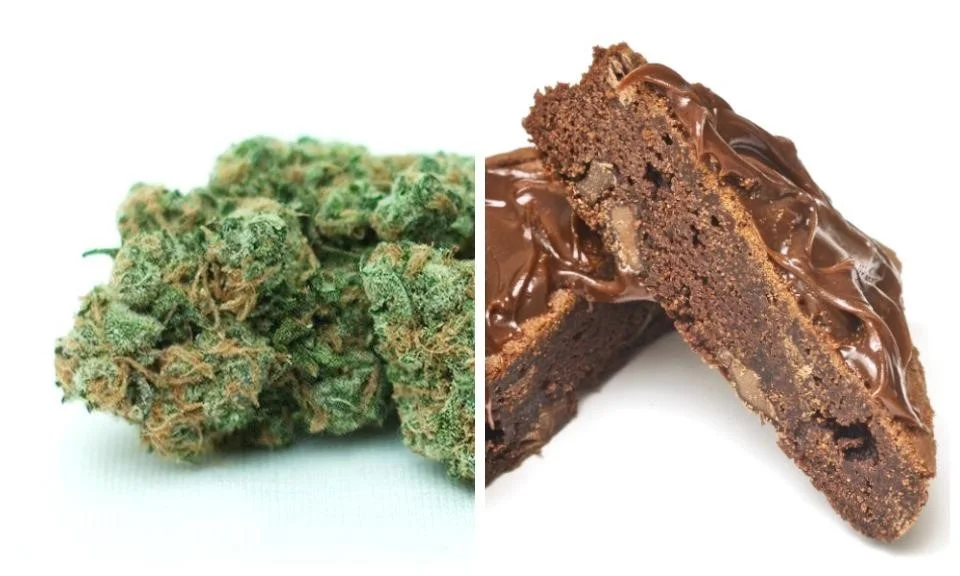Introduction
Cannabis edibles have gained immense popularity in recent years, offering consumers a discreet and convenient way to enjoy the benefits of cannabis. However, navigating the legal landscape surrounding these products can be complex and confusing. In this comprehensive guide, we’ll explore the regulations governing cannabis edibles, highlighting key considerations for consumers and businesses alike.
Understanding Cannabis Legalization: A Brief Overview
Before delving into the specifics of cannabis edibles, it’s crucial to understand the broader context of cannabis legalization. In recent years, many countries and states have moved to legalize cannabis for both medicinal and recreational use. However, the laws and regulations governing cannabis vary widely from one jurisdiction to another.
The United States: State-by-State Regulations
In the United States, cannabis legalization is primarily determined at the state level. As of [current year], [number] states have legalized cannabis for recreational use, while [number] states have legalized it for medicinal purposes. Each state has its own set of regulations governing the production, sale, and consumption of cannabis products, including edibles.
Canada: Federal Legalization
In Canada, cannabis legalization took effect at the federal level in October 2018. Under the Cannabis Act, adults aged 18 or older (or 19 in some provinces) are permitted to purchase and consume cannabis for recreational purposes. However, the sale and regulation of cannabis products, including edibles, are subject to strict federal oversight.
The Regulation of Cannabis Edibles
Unlike smoked or vaporized cannabis
Health and Safety Considerations
One of the primary concerns surrounding cannabis edibles is their potential impact on public health and safety. Unlike smoked or vaporized cannabis, which produces immediate effects, edibles can take much longer to take effect, leading to issues related to overconsumption and accidental ingestion, particularly among children.
Packaging and Labeling Requirements
To address these concerns, many jurisdictions have implemented strict packaging and labeling requirements for cannabis edibles. These regulations often include child-resistant packaging, clear labeling of THC content, and warnings about the delayed onset of effects. Compliance with these requirements is essential for businesses operating in the cannabis industry to ensure consumer safety and regulatory compliance.
THC Limits and Dosage Restrictions
Another key aspect of cannabis edible regulation is the establishment of THC limits and dosage restrictions. THC, the psychoactive compound in cannabis, can vary widely in potency from one product to another. To prevent overconsumption and minimize the risk of adverse effects, many jurisdictions have imposed limits on the amount of THC allowed in edible products. Additionally, some jurisdictions have implemented regulations governing the maximum allowable dosage per serving, helping consumers to make informed decisions about consumption.

Compliance and Enforcement
Compliance with these requirements is essential to avoid fines
Licensing and Permits
In addition to product-specific regulations, businesses involved in the production and sale of cannabis edibles are typically required to obtain various licenses and permits to operate legally. These may include cultivation licenses, manufacturing licenses, and retail permits, depending on the specific activities conducted by the business. Compliance with these requirements is essential to avoid fines, penalties, and potential shutdowns.
Quality Control and Testing
Ensuring the safety and quality of cannabis edibles is paramount, which is why many jurisdictions require rigorous quality control measures and testing protocols. This may include testing for potency, contaminants, and microbial content to ensure that products meet established safety standards. Businesses must invest in appropriate testing infrastructure and procedures to demonstrate compliance with these requirements.
Enforcement and Penalties
Non-compliance with cannabis regulations can have serious consequences for businesses, including fines, license revocation, and criminal charges. Regulatory agencies responsible for overseeing the cannabis industry typically have enforcement mechanisms in place to monitor compliance and take action against violators. As such, businesses must remain vigilant and proactive in their efforts to comply with all applicable regulations.
Looking Ahead: Emerging Trends and Challenges
This creates uncertainty and inconsistency in the legal landscape
Federal vs. State Regulations
One of the most significant challenges facing the cannabis industry is the disconnect between federal and state regulations. While many states have legalized cannabis for both medicinal and recreational use, it remains illegal at the federal level. This creates uncertainty and inconsistency in the legal landscape, posing challenges for businesses operating in multiple jurisdictions.
Novel Delivery Methods
As the cannabis industry continues to evolve, we can expect to see the emergence of novel delivery methods for cannabis edibles. From beverages to dissolvable powders, innovators are exploring new ways to consume cannabis that offer faster onset times and more precise dosing. However, these innovations may also raise new regulatory challenges as policymakers grapple with how to regulate these products effectively.
Conclusion
In conclusion, the legal landscape of cannabis edibles is complex and evolving, with regulations varying widely from one jurisdiction to another. Businesses and consumers alike must navigate these regulations carefully to ensure compliance and mitigate risk. By understanding the regulatory requirements governing cannabis edibles and staying informed about emerging trends and challenges, stakeholders can position themselves for success in this rapidly growing industry.
